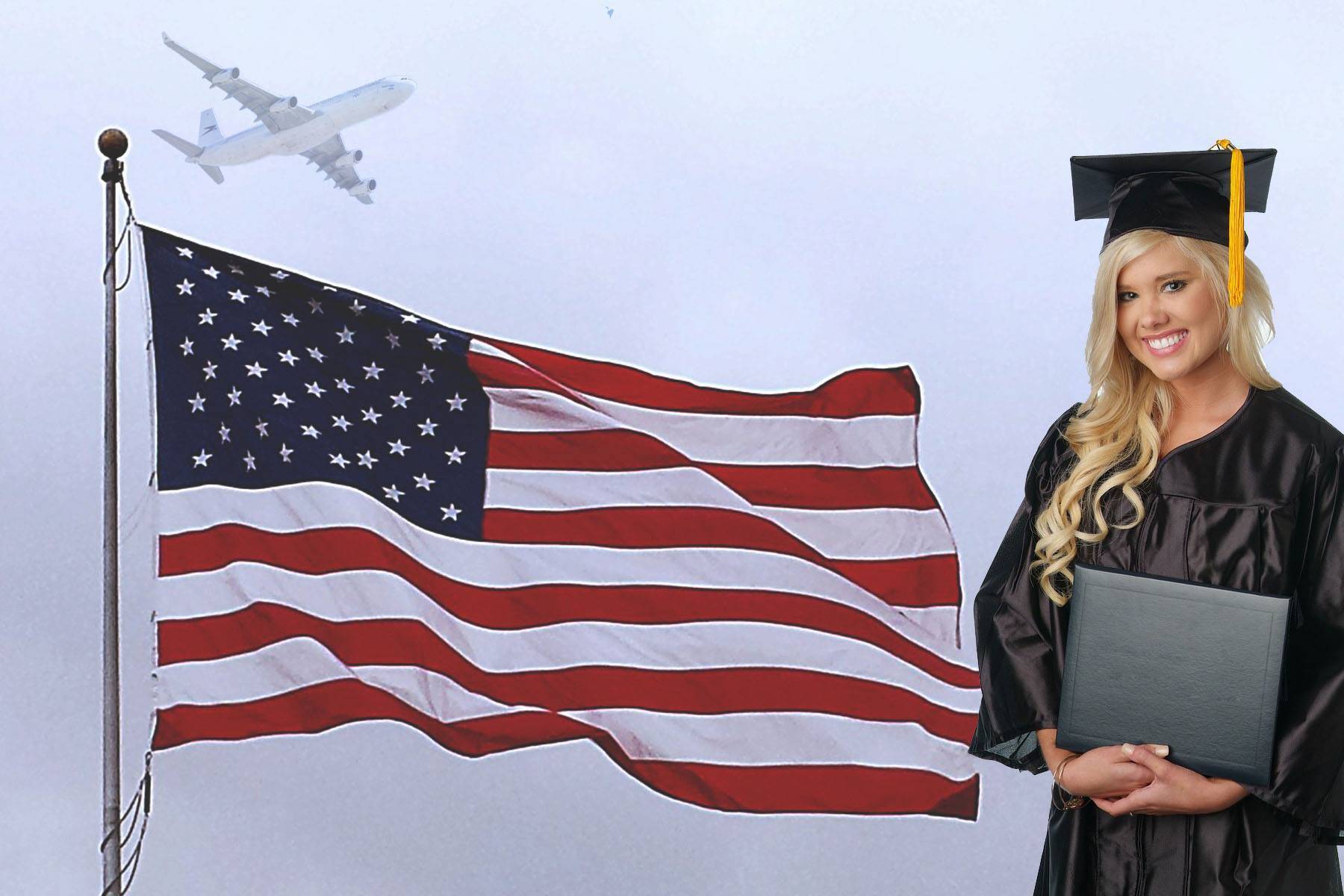 Manhattan
Manhattan
Study in USA
The United States is a big country in North America with 50 states. It goes all the way from Alaska in the northwest to Hawaii in the Pacific. New York City is important for finance and culture on the East Coast, and Washington, DC, is the capital. Chicago in the Midwest has cool architecture, and on the West Coast, Los Angeles, especially Hollywood, is super famous for movies.
Studying in USA
The United States has really good universities that are known all around the world for being excellent in many different subjects. For undergraduates, there are great programs in both traditional and professional areas of study. Graduate students get the chance to work closely with top experts in their fields and get access to amazing research and educational opportunities. Getting a degree from a U.S. university is seen as a special achievement that people recognize worldwide.
American universities are proud of their advanced technology, creative ways of doing research, and the latest resources available to students. No matter what they’re studying, students learn the newest skills for doing research, processing information, and staying connected with experts and mentors all over the world.
In addition, U.S. universities really value activities outside of regular classes. They give students chances to do practical, real-world things that go along with what they’re learning in their classes. This hands-on experience helps students improve the skills they’re learning in the classroom and gives them a big advantage when they’re looking for jobs.

Student Job
All international students in the United States must submit their tax returns every year. Starting from 2018, this should be done on or before April 17th. Every international student and their dependents, including spouses and children of all ages, have to file their tax return if they were in the US during the previous calendar year. While filing taxes might seem challenging, there are several benefits to doing so, aside from it being a legal requirement:
- Possibility of a refund: Some international students may qualify for a refund because of tax treaties and if they didn’t earn a significant income in the US.
- Protection of global income from taxation: Filing taxes helps in safeguarding a student’s worldwide income.
- Meeting visa obligations: To stay legally compliant under F, J, M & Q visas, all international students must file at least Form 8843 (see below), even if they didn’t earn any money in the US.
Taxation
During regular school sessions, students are limited to working no more than 20 hours per week. However, during extended holidays, breaks, and summer sessions, students are allowed to work full-time, up to 40 hours per week.
International students have the opportunity to work for commercial firms that have contracts with the school, such as bookstores or cafeterias. Some schools are introducing specialized Curricular Practical Training (CPT) programs, enabling students to work right from their arrival on campus. This program includes:
- Employment opportunities for international students.
- Flexibility to work during the day while attending classes in the evenings or on weekends.
- The chance to work with both on and off-campus companies.
- Receiving regular “American” wages for the work.
- Availability of both part-time and full-time employment options.
- Work-Study programs that cater to both undergraduate and master’s students.
Admission Criteria
To gain admission to colleges and universities in the U.S., you must meet the specific criteria set by each institution, which may include third-party standardized tests. Follow the application requirements outlined by the admissions office of the institution you are interested in.
- Recognition of Foreign Diplomas and Credits: Higher education institutions and licensing boards in individual states assess academic coursework, degrees, and professional licenses. There is no centralized authority in the U.S. for evaluating foreign credentials.
- Standardized Tests: Some programs may require applicants to take one or more standardized tests.
It is advisable to plan and take these tests in advance so that your scores are available when you submit your application. - Test of English as a Foreign Language (TOEFL): Many colleges and universities may mandate the Test of English as a Foreign Language (TOEFL) to assess your English language proficiency.
